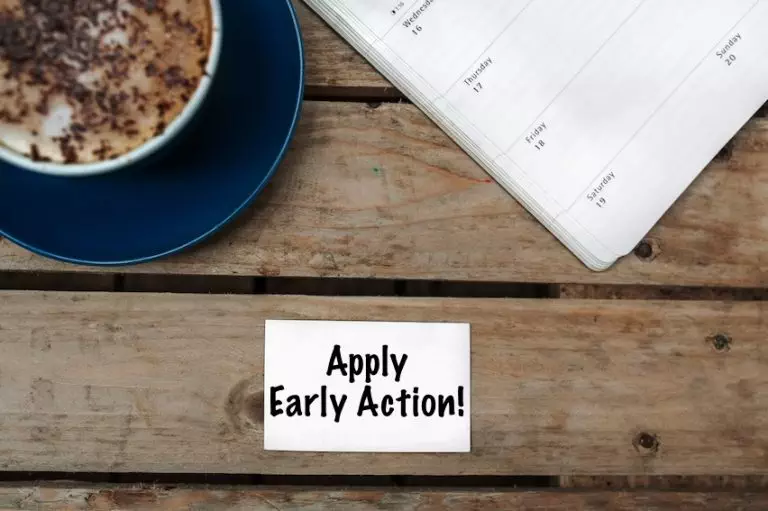House of Experts Ep. 5: Vibha Kagzi & Purbayan Chatterjee
House of Experts is a show that ReachIvy.com kick-started to help those who are confused about their career choices. We hope that through these sessions with some very successful people, we can shed light on a new career path every week. House of Experts plans to make a collection of interactive sessions with experts from various domains.
Vibha Kagzi, the host, is the Founder and CEO of ReachIvy.com, a premium study abroad and career consultancy organization. Vibha, a Harvard alumna, is a successful entrepreneur herself and believes in helping others chalk out their future careers. In Episode 7 of House of Experts, we were fortunate to host Purbayan Chatterjee, the global sitar maestro. He belongs to the Senia Maihar Gharana and has grown to become what he is today by virtue of his several gurus; his father Pt. Parthapratim Chatterjee, Ustad Ali Akbar Khan, Pt. Ajay Chakraborty and Pt. Arindo Chatterjee. He has received the Indian President Awards and the Aditya Vikram Birla Award among other accreditation.
Excerpts from the Live Interaction between Vibha Kagzi and Purbayan Chatterjee
1. You studied English Literature, but how did the transition to music happen?
English literature came later and music came first. I started vocals at the age of 3 and sitar at the age of 5. Even during my formal education, music continued in the background. I wanted to take up music full time and my dad supported me as well. The prominent musician, Zakir Hussain told my father that I should give music a shot. I was travelling in the US and my mom took my signature for a Master’s which I didn’t really want to do. I didn’t like being stuck in the classroom. I still have a love of literature and law. I am a tech lover. So, I have many interests, but music is my bread and butter.
2. What about entrants into the music field who don’t come from a family background similar to yours? Do you think having that background is an advantage?
India is a- and I have no qualms saying this- nepotistic country. There is a hierarchy around family in every field. It is not necessarily the best situation to foster meritocracy or original ideas. In classical music, it is an advantage; it is a guru-shishya parampara thing. I do believe that you need to inculcate a bond with your guru where you are lock in. Due to my dad, I had and continue to have the opportunity to meet music legends so, it is a great advantage. At the same time, I have had to deal with a lot of struggles. Music is not an institutionalized system in India, you are at the mercy of kingmakers. Herein expectations aren’t that high for people from a certain family.
3. Do you feel that fusion is diluting classical music?
I would like to think that I am in the middle of the spectrum. We have more and more to offer with each passing day because we are exposed to more. I don’t want to stick to archaic things. My music has a tradition which I have respect for and I have the responsibility to uphold it. If there hadn’t been a Persian influence on our culture, we wouldn’t have the sitar. Today’s tradition is yesterday’s innovation.
4. What drove you to develop Shastriya Syndicate?
The various phases of my musical development are strongly representative of my personal development. I was looking for new modes of expression in the existing tradition of classical music. I got the opportunity to work with some of the finest musicians in the country. I’ve kind of moved on. I do, however, keep revisiting it like we did a concert at Janfest where we did a similar thing.
5. How is the music industry adapting to COVID-19?
Intelligent people always live in the future. The musicians were immediately on their digital platforms trying to connect. The first two weeks were of shock and denial. On the digital stage, it is a community of musicians trying to produce good quality art. We’re now playing online. There are many holes that need to be plugged. Hopefully, we can figure this out for other musicians so that we can all start playing together. I think we will get back to travelling and concerts in a few months, but the digital platform is here to stay as an alternative. These things, you think are disastrous, but they’re great for the industry. In terms of monetisation, this will take a while.
6. For anybody aspiring to become a musician, is that a lucrative career? And how can they start out?
For any career, you know best whether you have it in you or not. There comes a time in yourself whether you believe in yourself. Once you start following your calling, you will know best. Music is not an easy career because there is no currency for talent. The yardsticks are far more abstract. Generally, it is a viable career. You have to find your niche.
Hopefully, this inspired the cook and influencer in you. Go ahead and cook up a storm.
Purbayan Chatterjee ended the session with a short but wonderful performance on his sitar. If you want to hear all that was discussed in this conversation, go ahead and watch the video on YouTube.
If you missed the live interaction with Sameer Malkani from the Food Bloggers Association of India, you can read about it here







